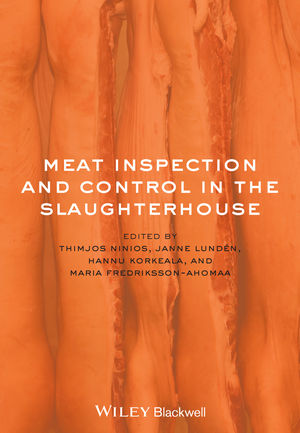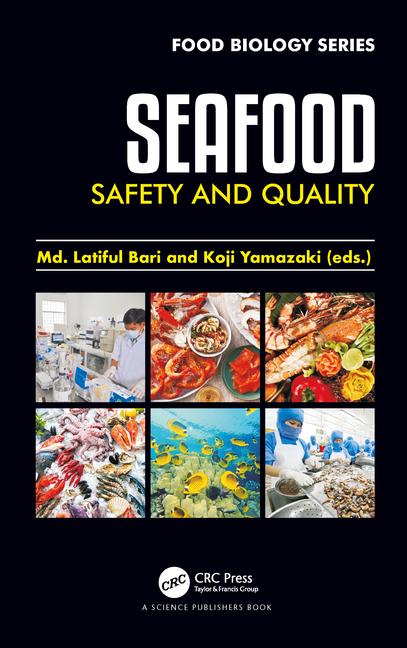The Expanded Food Safety Investigation Act – a solution searching for a problem?
It is not clear the proposed legislation is necessary or responsive to any actionable issue.

Photo credit: AlexRaths / iStock / Getty Images Plus / Getty Images
U.S. Rep. Rosa DeLauro, D-Conn., recently reintroduced the Expanded Food Safety Investigation Act. The bill, which previously failed to achieve enough support for passage, would grant the Food and Drug Administration, as opposed to U.S. Department of Agriculture, additional regulatory authority to investigate feedlots and confinement operations allegedly implicated in foodborne illness outbreaks.
Despite support from various consumer and food groups, it is not clear the proposed legislation is necessary or responsive to any actionable issue. While finding the original source of outbreaks can be helpful in some industries, safety of beef products is likely best controlled at the processing (not feedlot) level.
Nevertheless, in her bid to introduce the new legislation, Congresswoman DeLauro argues that federal regulators, specifically FDA, currently lack the tools necessary to ensure broader food industry accountability, investigate outbreaks and remove contaminated food from the market. The bill seeks to address this claimed weakness by granting the FDA new and unprecedented authority to request access to feedlots for microbial sampling, ostensibly in order to identify the sources of outbreak-related pathogens. This would likely replicate similar approaches used by FDA to investigate the source of historic leafy green outbreaks.
DeLauro asserts that corporate consolidation in the food industry, and the emergence of large, corporate-owned operations jeopardize food safety through a profit-oriented approach. While the impact of consolidation is a valid concern, it is important to recognize that most food companies prioritize food safety and adhere to rigorous quality control measures. Moreover, the congresswoman makes the arguably dubious claim that FDA has emerged as a “weak and disempowered” agency that lacks the tools required to ensure accountability, investigate outbreaks and remove contaminated food from the market.
Contrary to DeLauro's assertions, many, including myself, would argue that the power dynamic between the food industry and both the USDA and FDA is, in fact, weighted heavily in favor of the regulatory authorities. The existing regulatory framework ensures food producers are held accountable, criminally in some cases, for regulatory violations that lead to foodborne illness outbreaks.. Indeed, food producers are already subject to some of the most onerous regulations under U.S. law and undergo rigorous inspections, audits, swab-a-thons, and a litany of other legal and regulatory mandates aimed at meeting stringent safety standards. Moreover, the food industry has itself made significant investments in research, technology, and training to continuously improve food safety practices.
The act, frankly, appears to be a solution in search of a problem. In my opinion, USDA has done an excellent job of regulating food safety into the beef industry, and there is no apparent need for additional FDA interference. As an industry professional who strongly advocates for putting food safety first, I often support new food safety initiatives that provide sensible solutions to real problems. It is not clear that the proposed act meets that criteria.
While concerns regarding corporate consolidation and lax food safety practices should always be acknowledged, it is equally important to recognize the efforts of food industry stakeholders who prioritize consumer safety. As the discussion continues, I would argue for the current USDA-driven approach that ensures accountability without hindering innovation and growth in the beef industry.
Looking for a reprint of this article?
From high-res PDFs to custom plaques, order your copy today!









